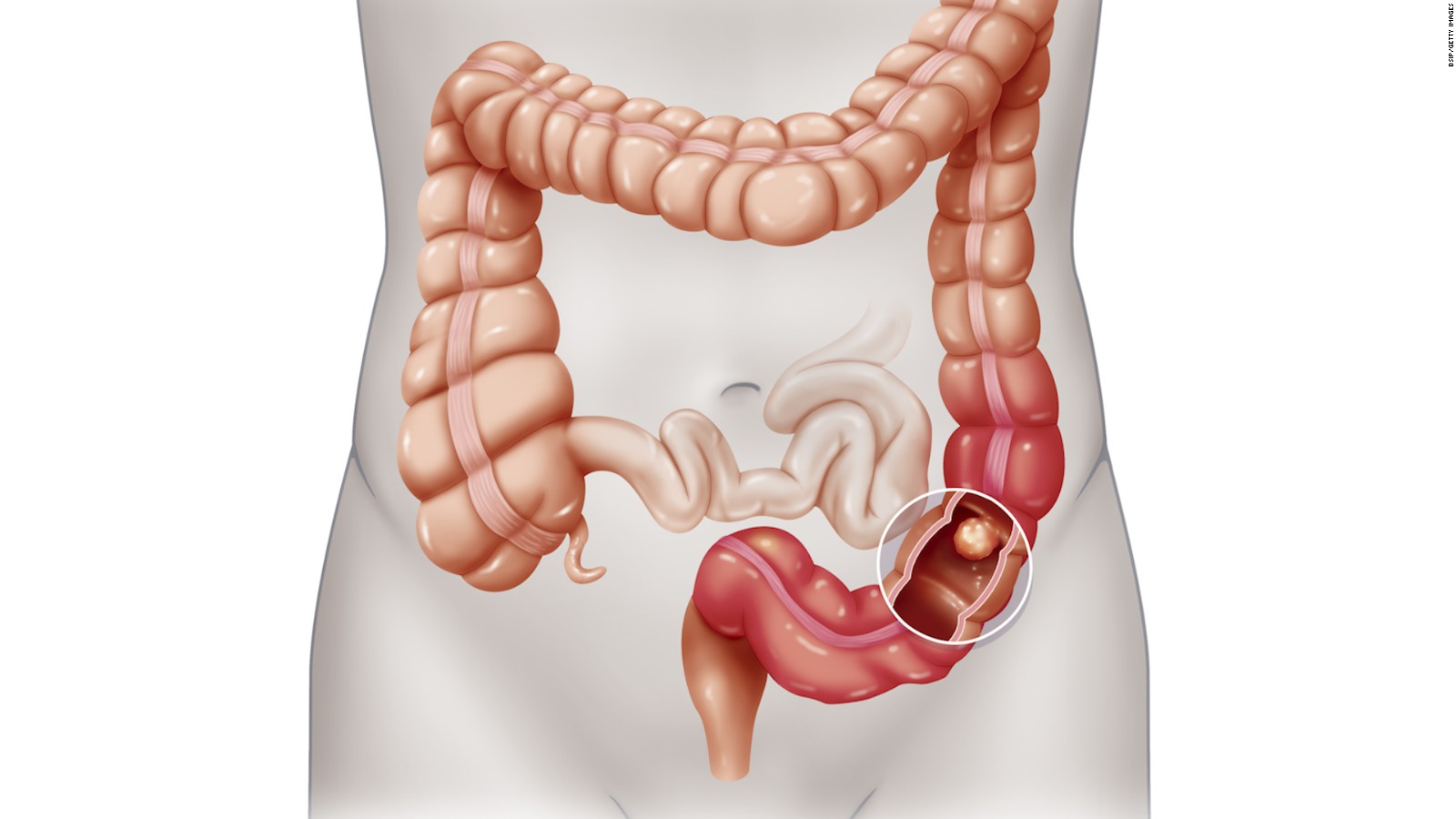
The rectum is part of the digestive tract. Cancer that originates in the colon or rectum may be called rectal cancer, colon cancer, or colorectal cancer. Because treatment and progression of colon cancer and rectal cancer may be different, they are often reported separately.
Tests used to help detect cancer at an early stage and help improve the outcome are called screening tests. Colorectal cancer screening tests include digital rectal examination (DRE), proctoscopy, colonoscopy, and stool occult blood testing. Beginning at the age of 50, a colonoscopy and annual DRE and occult blood testing should be performed. Younger patients who should undergo colorectal cancer screening include those under the age of 50 with a family history of colon cancer, and patients with a history of rectal or gynecologic cancer or ulcerative colitis.
In general, rectal and rectosigmoid cancer are more likely than other colon cancers to produce symptoms prior to diagnosis. These cancers often cause bleeding that can be observed. Other signs and symptoms include a change in bowel activity, unexplained constipation or a reduction in stool caliber, urgency, and inadequate emptying of the bowels. With advanced tumors, urinary symptoms or buttock pain may occur. These symptoms usually lead to an evaluation of the colorectal area.
Digital rectal examination may be used as an initial screening examination; however, tumors located more than 7 centimeters from the anal verge may be missed during this examination. Additional studies include barium enema, usually with flexible sigmoidoscopy and/or colonoscopy used as a complementary procedure.If a tumor is discovered by any of the above procedures, a biopsy should be performed.
to know more details:- send n your queries to query@gtsmeditour.com or WhatsApp your latest medical reports to +91-9880149003

Post a comment